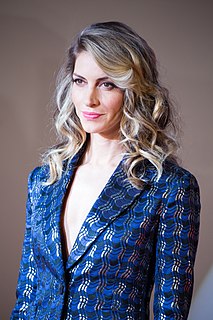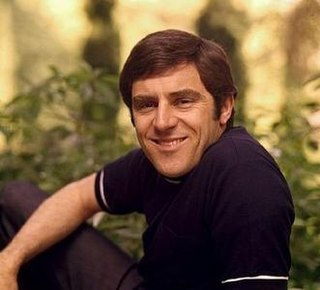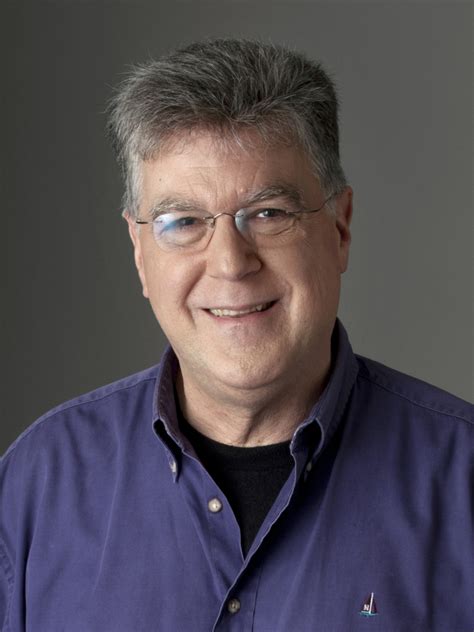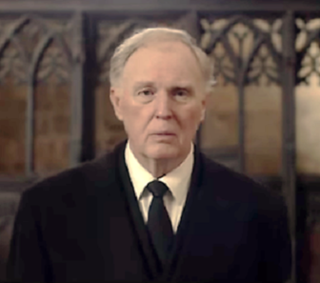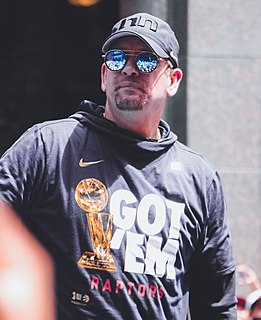A Quote by Keala Settle
What is so beautiful about a composer and a lyricist is that their job is to push a story along and not halt it.
Related Quotes
The psychological detective story in "Equus" made Peter Shaffer's name as a playwright. But it was his next play, "Amadeus," that cemented his reputation, largely because of the movie version. Another battle of wills, it was the story of composer Wolfgang Amadeus Mozart seen through the eyes of lesser composer Antonio Salieri.
There is no dearth of talented lyricists and I know many of them don't get an opportunity. After I received success, many of them approached me via e-mail or phone calls to tell me about their work. If I feel that a song written by a lyricist is fit for a film on which I am working as a composer, I give them the break.
Halt! How are you? What have you been doing? Where's Abelard? How's Crowley? What's this all about?" "I'm glad to see you rate my horse more important than our Corps Commandant," Halt said, one eyebrow rising in the expression that Will knew so well. Early in their relationship, he had thought it was an expression of displeasure. He had learned years ago that it was, for Halt, the equivalent of a smile.


